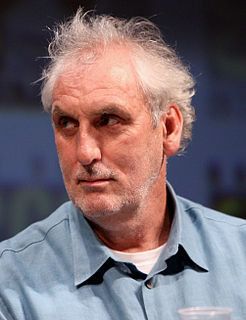A Quote by Charles Duhigg
Candy bar companies, through commercials, have tied their products to low-energy cues, transforming what was once a dessert into a pick-me-up for cubicle dwellers.
Related Quotes
Over the past 60 years, marketing has moved from being product-centric (Marketing 1.0) to being consumer-centric (Marketing 2.0). Today we see marketing as transforming once again in response to the new dynamics in the environment. We see companies expanding their focus from products to consumers to humankind issues. Marketing 3.0 is the stage when companies shift from consumer-centricity to human-centricity and where profitability is balanced with corporate responsibility.
If I am acting out in any particular way that is harmful to myself - without a shadow of doubt, there is a feeling suppressed under wanting that second candy bar. Often, it is that little voice I haven't paid attention to. It's generally not the adult voice. If I take a moment to address that and figure out what that is, the desire for the candy bar seems to dissipate.
Television screens saturated with commercials promote the utopian and childish idea that all problems have fast, simple, and technological solutions. You must banish from your mind the naive but commonplace notion that commercials are about products. They are about products in the same sense that the story of Jonah is about the anatomy of whales.
































